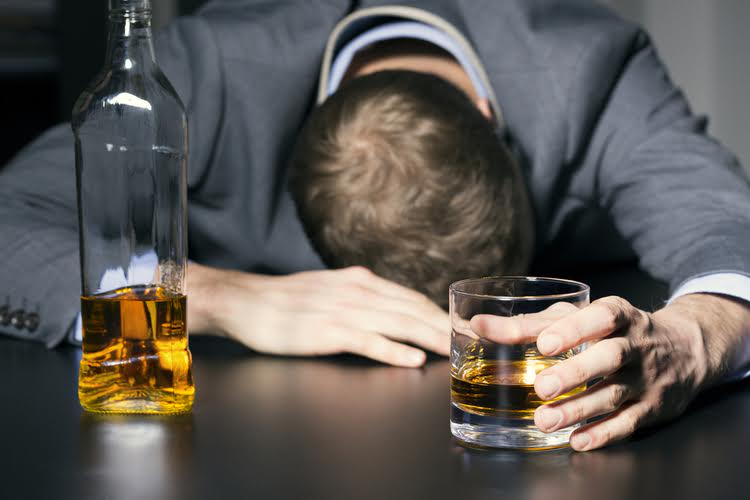Navigating Guilt and Shame in the Recovery Journey
Individuals may feel a deep sense of regret and remorse for the harm they caused to themselves or others during their struggles. You can receive 24/7 text support right away and at your convenience. There is no obligation to enter treatment and you can opt out at any time. Contacts http://simonstonehall.com/wordpress/giftcards/ and referrals are provided to further recovery, and schedules detailing client activity for several days post-treatment are created. The rearview mirror is always clearer than the windshield, it’s easy to look back but looking ahead and staying positive is always worth it.
These four avenues can lead you toward self-forgiveness.

The shame-addiction pairing can find an addict in a precarious cycle, as their addiction may lead to increased shame and a growing need to hide their reality from others and even from themselves. Instead of allowing the guilt, shame, and denial to grow and fester, it’s time to make that most important step. If you or a loved https://claw.ru/a-rings/LordoftheRings/Index2.htm one is struggling with addiction, it’s okay to reach out for help. Research has shown that shame-proneness (the inclination to feel bad about yourself) can relate to various life problems. But, guilt-proneness (the inclination to feel bad about a specific behavior) is more likely to be adjustable to the situation.

FAQs about How to Address Shame And Guilt During Addiction Recovery
Create a list of your values and qualities that you admire about yourself. Remind yourself of these qualities when you start to feel identified by past actions. As we move towards ‘Distinguishing between Shame and Guilt,’ consider how each emotion manifests differently within http://www.golden-ship.ru/load/orthodox_books/38-2 oneself so that one may identify triggers and work effectively towards long-term sobriety. Practice self-forgiveness and recognize that everyone makes mistakes. Mindfulness can help you develop a more accepting and non-judgmental attitude toward your experiences.
- Shame also plays a role in the comorbidity of mental illness and substance abuse.
- If a similar situation arises in the future, you will know what action to take.
- When we face the truth about how we have hurt others, sometimes severely, the feelings of guilt and shame can be overwhelming.
- In other cases, people may feel ashamed that they’re living with a drug or alcohol addiction.
- These activities can improve your self-esteem and reduce negative self-perception.
Overcoming Anxiety Disorders: Effective Techniques and Therapies
- This is especially true if you have repeated the cycle of abuse by harming another person in the same ways you were abused.
- If you can’t make direct amends or forgive them in person, write about it or journal your feelings of forgiveness.
- For example, maybe you feel guilty about saying unkind things to someone while you were intoxicated or making a promise to do something and then not following through.
- Self-compassion requires us to consciously acknowledge and accept the pain caused by our previous wounds.
Warren is a Licensed Master Social Worker, who specializes in substance abuse and mental health treatment. Clinically, Warren has developed a therapeutic skillset that utilizes a strengths-based perspective, Twelve Step philosophies, Cognitive Behavioral Therapy and Motivational Interviewing. Incorporating Cognitive Behavioral Therapy (CBT) for Shame and Guilt into your treatment plan can help you develop strategies to cope with this difficult emotion. With proper guidance from a qualified therapist trained in this method, it has potential to provide long-term relief from these intense emotions. It is worth noting that while CBT can be effective for many individuals struggling with addiction-related shame or guilt, it is not a one-size-fits-all approach. Different individuals may respond better to different types of therapies depending on their unique circumstances.
How Do We Face Our Wrongs?
Alternative Therapies for Healing Shame and Guilt
- This emotion is also closely linked with depression and other mental illnesses, as well as substance abuse.
- In addition to gaining accountability partners within such groups that significantly help sustain commitment towards recovery goals.
- Guilt may be related to the harmful things you did, but also to the things you promised you’d do and didn’t follow through with.
New Mathematical Model Offers Innovative Approach to Combat Drug Addiction


